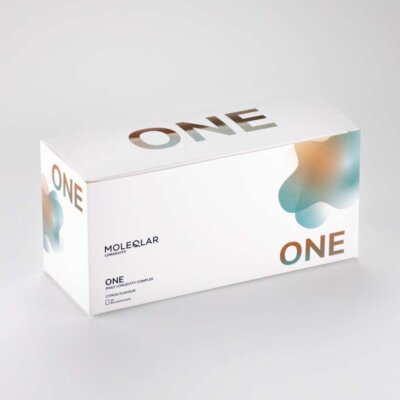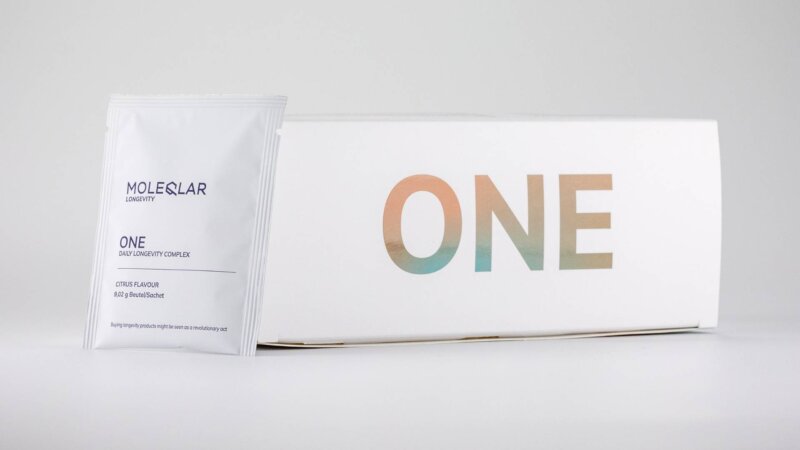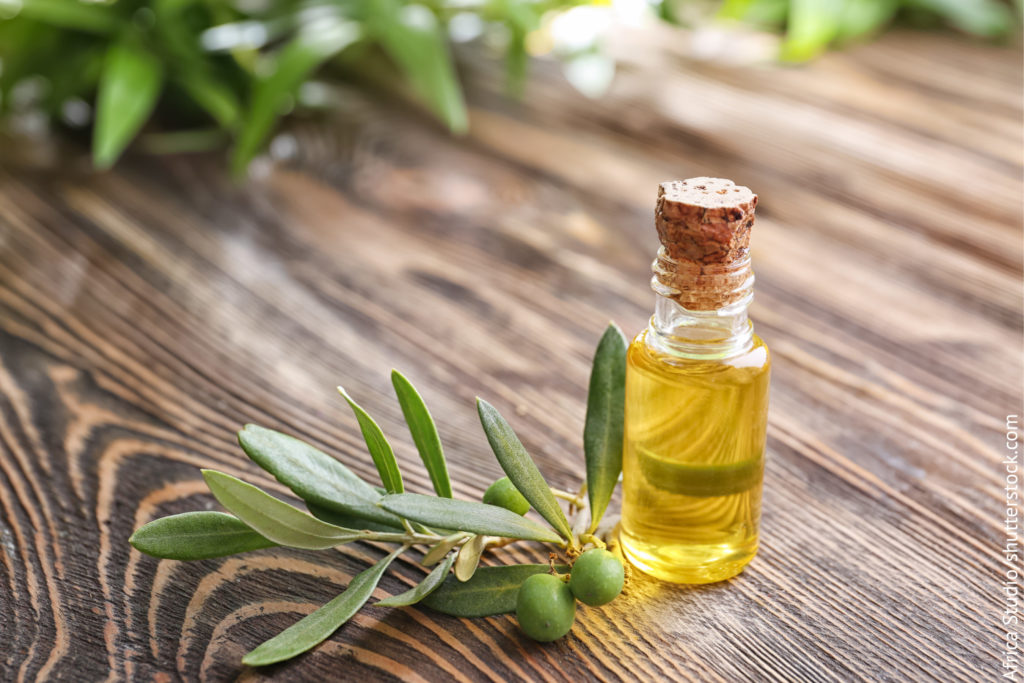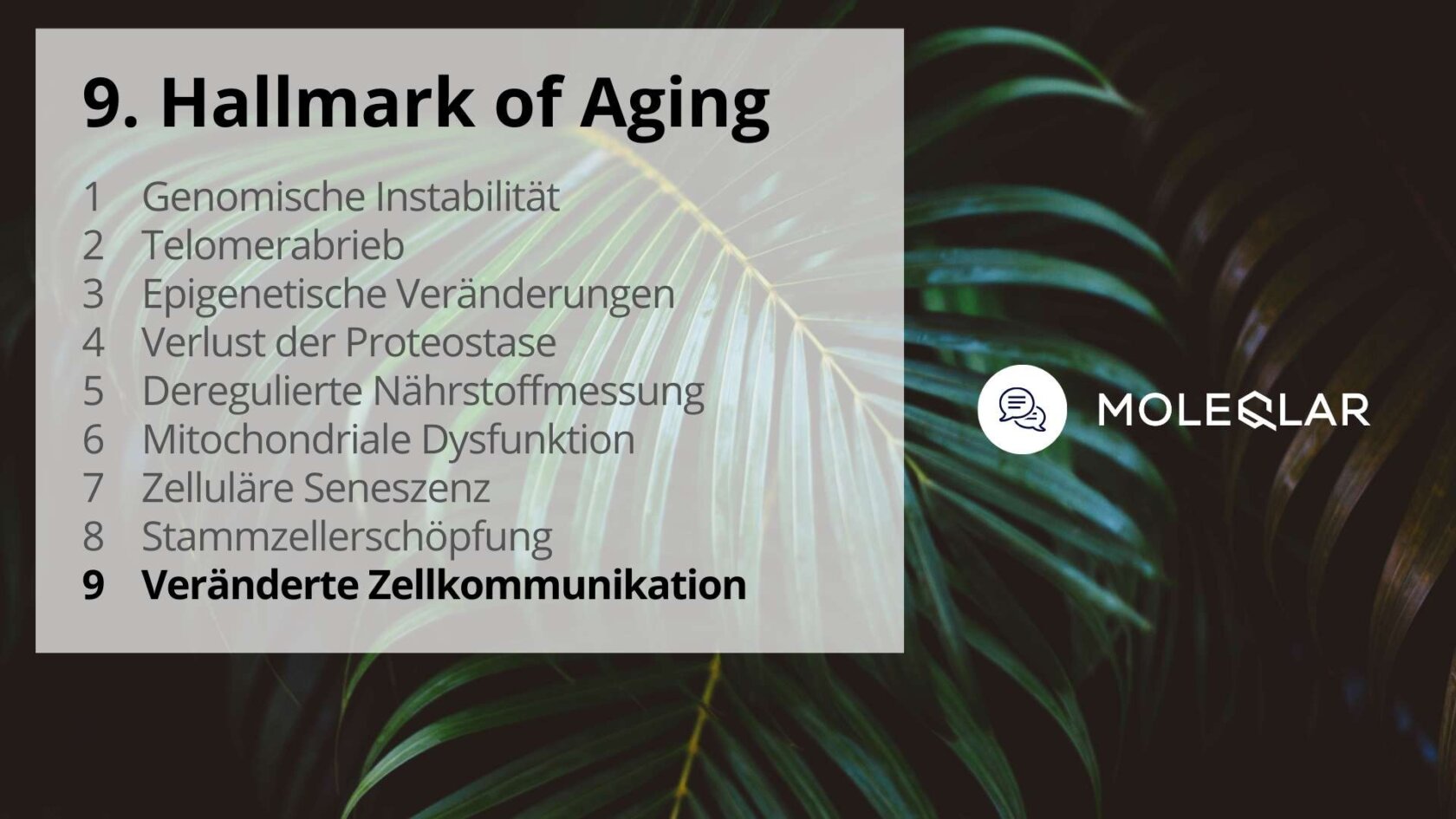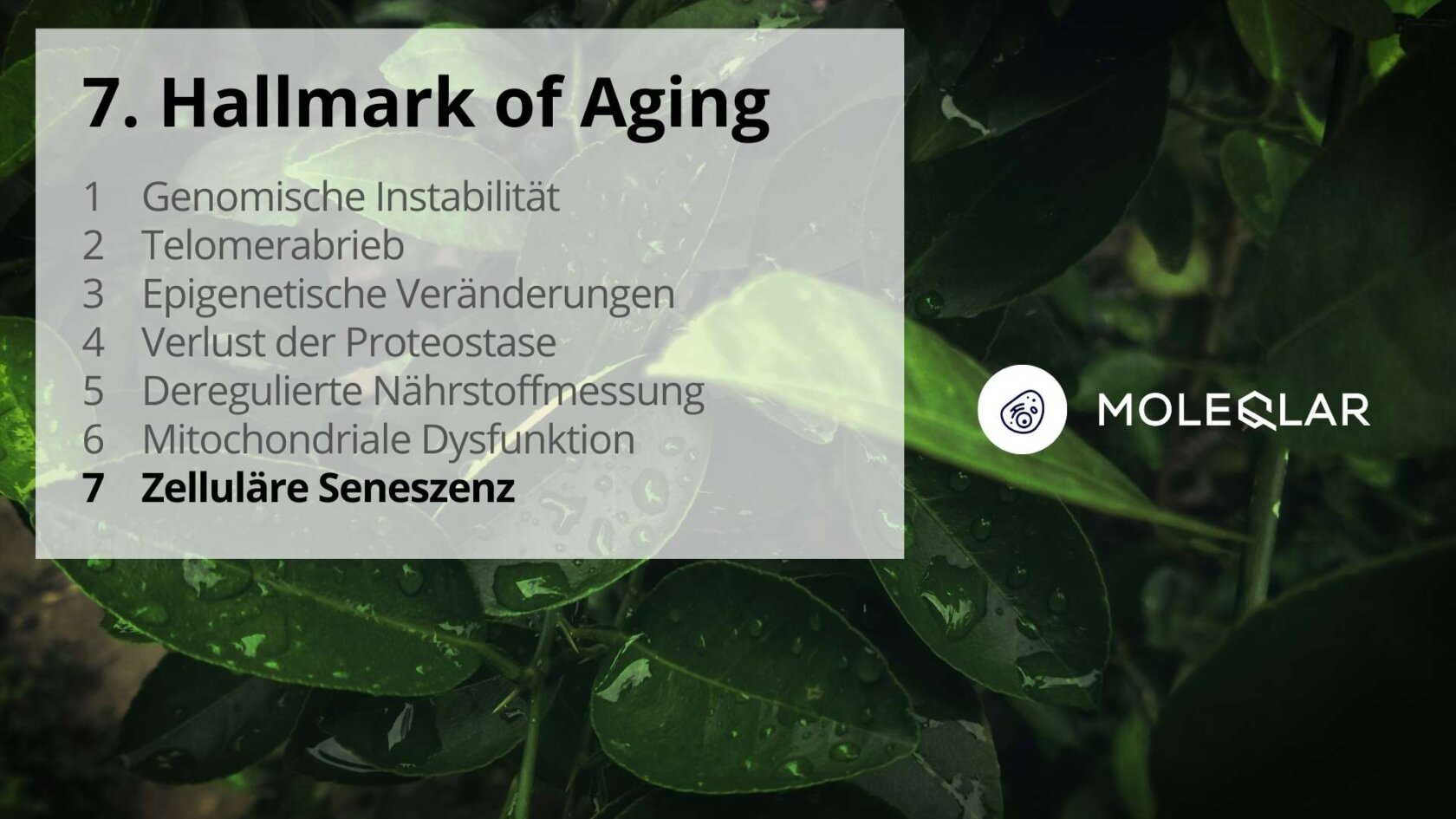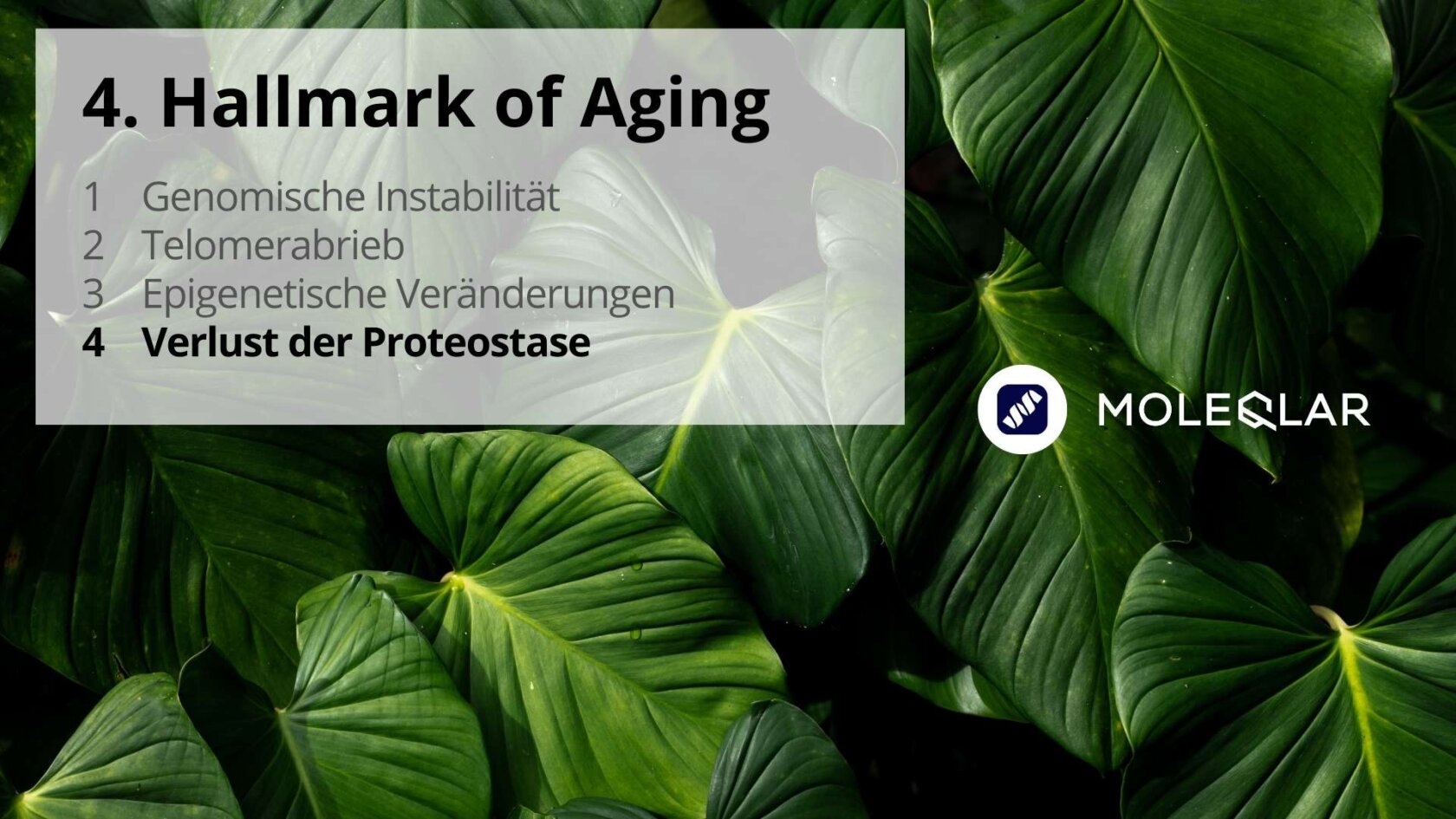In the 'News' section you will find the latest scientific findings from the anti-ageing field. Keep your finger on the pulse with MoleQlar. In April, the focus is on olive leaf extract and its effect on age-related changes in rats.
Olive leaf extract improves vascular and metabolic changes associated with ageing in Wistar rats
Olive leaves are rich in bioactive compounds that have anti-inflammatory, antioxidant, insulin sensitizing and antihypertensive effects. The aim of this study was to analyze the possible beneficial effects of an olive leaf extract (OLE) rich in secoiridoids and phenolic compounds on age-related metabolic and vascular changes. In addition, olive leaves still contain substances such as oleuropein, organic acids and other secondary plant compounds such as flavonoids. Depending on the procedure, the composition of the obtained extract differs. The extract used in the study consisted of 32 different components.
The researchers tested the effects using three groups of Wistar rats: 3-month-old rats, 24-month-old rats and 24-month-old rats that had been given olive leaf extract (100 mg/kg) for 21 days. Wistar rats, also called coloured rats, are descended from the wild Norway rat and have been adapted by breeding to the requirements as a domestic animal. Their behaviour makes them very suitable for scientific research.
In past studies, olive leaf extract showed, for example, a reduction in inflammatory activity and an improvement in blood pressure in rodents and humans. Building on these promising results on olive leaf extract and its effects on animals and humans, the authors set themselves the task of investigating parameters such as insulin sensitivity and vascular function in the context of ageing - an aspect that has received comparatively little attention to date.
Results
This study examined multiple correlations. Below we take a closer look at some of these findings.
Young rats gained body weight, while aged rats lost significant weight. Body weight loss was attenuated in aged rats treated with OLE. This benefit was not due to changes in caloric intake, but was at least partly due to the increase in muscle mass in the treated rats.
Age is associated with increased levels of blood lipids, triglycerides, total cholesterol, LDL cholesterol, and leptin and adiponectin in humans and in rats. Treatment of the rats with olive leaf extract prevented the age-related increase in LDL cholesterol and increased the levels of leptin and adiponectin. The latter are hormones that play an important role in hunger regulation.
Older rats showed higher serum levels of inflammatory markers such as IL-6 and TNFα compared to young rats. Treatment of old rats with olive leaf extract prevented this increase. In addition, the down-regulation of enzymes that play a role in insulin sensitivity was prevented in the treatment group.
In addition, the reactivity of vessels to endogenous messenger substances improved in the OLE-treated group. This enables better fine regulation and thus adaptation to different stress conditions.
Discussion
In particular, the responsible researchers emphasise that the dose of 100 mg / kg body weight used in the present study is significantly lower than the dose used in previous studies (500 mg / kg and 1000 mg / kg). Moreover, they demonstrated positive effects in a much shorter time span (here: three weeks vs. six months elsewhere).
The authors summarise that olive leaf extract exerts anti-inflammatory and antioxidant effects in aged rats and attenuates vascular function changes associated with ageing.
Further studies are now needed to evaluate whether treatment with olive leaf extract also shows similar effects in ageing people. In addition, further research is needed to find out which specific compounds from the extract are responsible for the cardiometabolic protective effects - even though the authors assume that the shown functional effects of olive leaf extract are based on the overall effect of the composition.
The article was published online on April 14, 2021 in the journal Scientific Reports of the Nature Publishing Group.
Source:
González-Hedström, Daniel, et al. "Olive leaf extract supplementation improves the vascular and metabolic alterations associated with aging in Wistar rats." Scientific Reports 11.1 (2021): 1-16.
https://doi.org/10.1038/s41598-021-87628-7
Want to learn more about antioxidants and their effects in the body? Take a look here: Antioxidants and the relationship police
